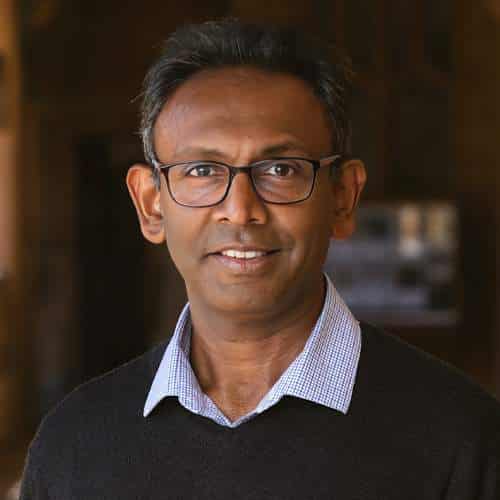Associate Professor Umaimainthan ‘Mainthan’ Palendira is a researcher at the University of Sydney. Professor Palendira has a long-standing interest in the immunobiology of EBV infection and studies how the human immune system manages persistent infections like EBV. Motivated by emerging research linking EBV to MS, he is passionate about discovery while navigating the challenges of securing support to advance this critical work.
